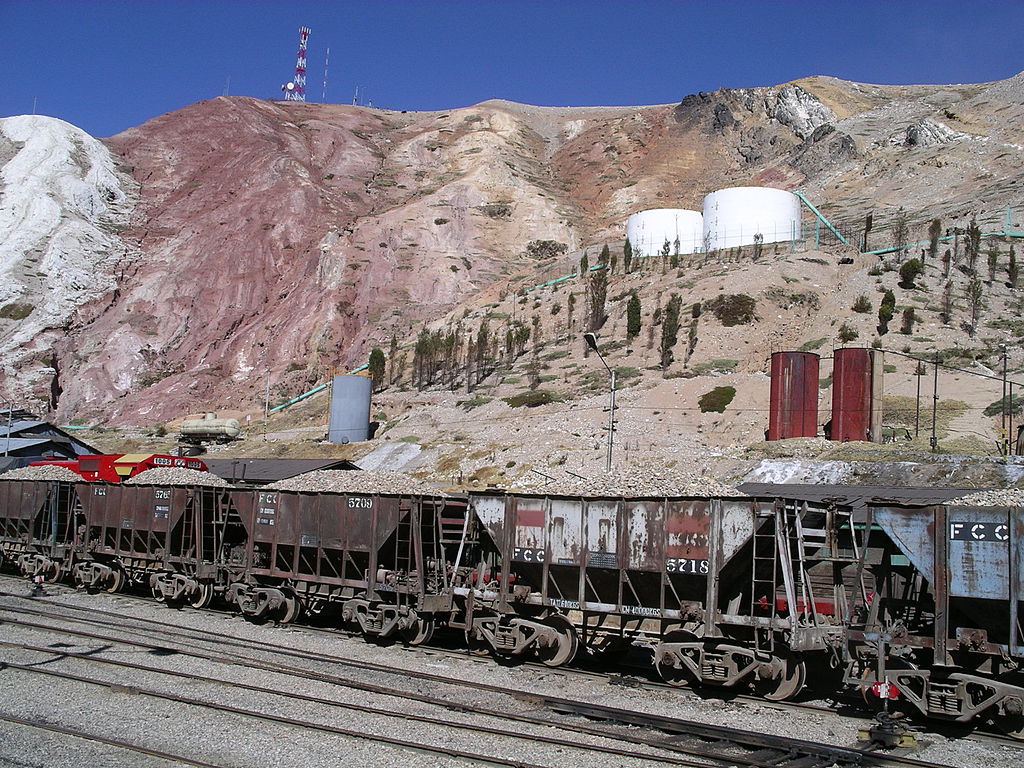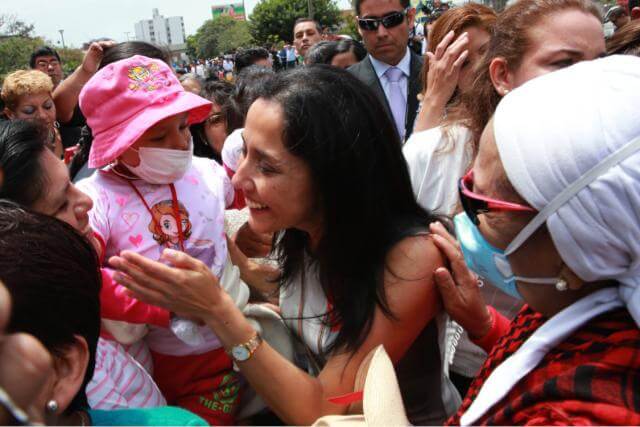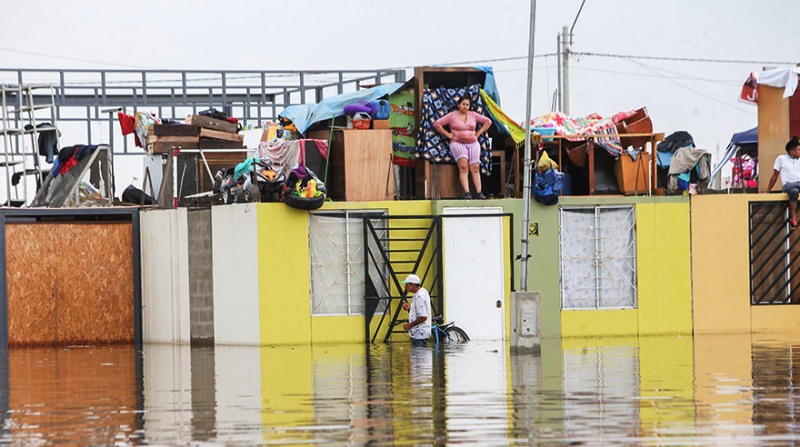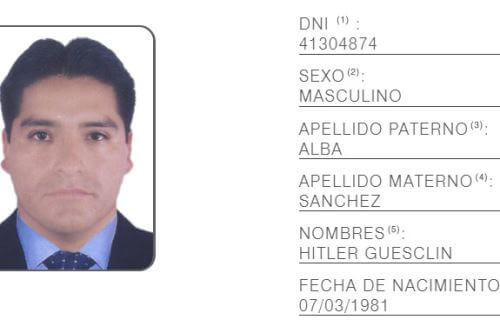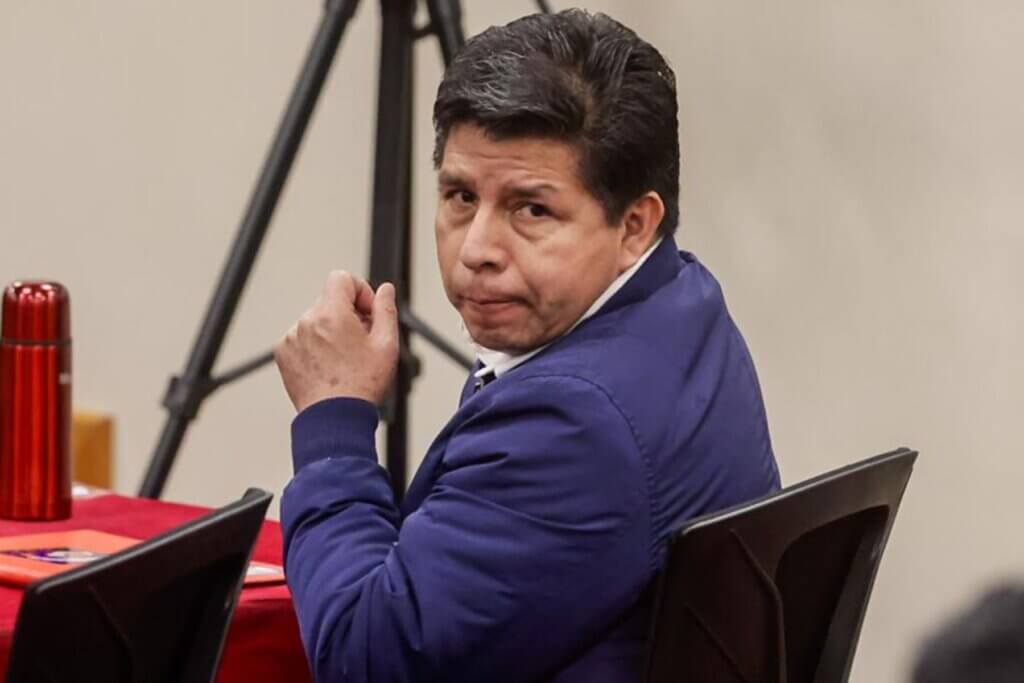A six-year-old case against environmental activists will continue to drag on after a Peru judge decided this week to overturn an acquittal from last year. The three human rights leaders from Espinar, Peru in the Cusco region are being charged in connection to strikes and protests organized at the Tintaya Mine in May of 2012.
Former Espinar mayor Oscar Mollohuanca Cruz is one of those being charged, along with Herbert Huamán and Sergio Huamaní. Amnesty International has reported that the men were arrested without proper warrants and that they spent five years in prison from 2012 to their acquittal on July 17, 2017.
Mollohuanca’s specific charges are alleged crimes of assaulting a law enforcement official, obstruction of public services and causing a disturbance.
The Prosecutor’s Office, which requested the appeal last July, has called for up to 18 years of prison time for each of the three activists.
At the time of the protests, confrontations between police and strikers led to two deaths and some 50 injuries.
The men were protesting after environmental studies showed that the Tintaya Mine, owned by the Swiss company Xstrata, could cause widespread pollution locally. Then-president Ollanta Humala controversially gave the green light for his military to physically confront the protestors that his government called “extremists” and made it illegal for people to protest mining projects.
Humala was similarly embroiled in controversy through the Conga project in Cajamarca around the same time. Despite the fact that protestors said that the mine would pollute local water sources, Humala allowed his army to make arrests without warrants. The project was later closed in 2016 because of the environmental concerns and activist Maxima Acuña won the esteemed Goldman prize for her protest efforts.
Peru mining is big business and, over just the next four years the country is expected to receive $20 billion in mining investments.
There were 52 people total charged or arrested in connection with the Tintaya Mine project in 2012.
Amnesty International officials in Peru and South America made a plea to Peruvian authorities to not criminalize environmental protectors.
“The case of the Espinar defenders is a clear example of how the recipe for criminalization is used against human rights defenders working to protect the land and environment in Peru,” said Marina Navarro, Executive Director of Amnesty International Peru. “These legal proceedings illustrate the misuse of the criminal justice system to file unfounded charges as a form of harassment which seeks to silence their work.”


